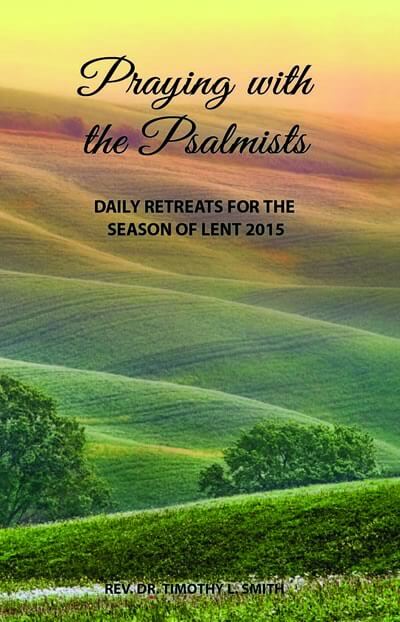 Composing A New Song
Composing A New Song
Praise the LORD.
Sing to the LORD a new song,
his praise in the assembly of his faithful people.
Let Israel rejoice in their Maker;
let the people of Zion be glad in their King.
Let them praise his name with dancing
and make music to him with timbrel and harp.
For the LORD takes delight in his people;
he crowns the humble with victory.
Let his faithful people rejoice in this honor
and sing for joy on their beds.
Psalm 149:1-5
Ponder the wisdom packed into the first line of the historic Westminster Catechism speaking about God’s purpose for us: “Man’s chief end is to glorify God, and to enjoy him forever.” It seems to me that is what this psalm is saying about enjoying God and God enjoying our enjoyment of Him.
Throughout the Book of Psalms we are reminded that life’s greatest joy comes in praising God. Better is a day praising God in His courts than a thousand days elsewhere (Psalm 84:10). It “befits” God’s people to praise Him joyfully (Psalm 33:1). We are running on all cylinders when we praise God. Praising God maximizes our potential.
C. S. Lewis, writing in Reflections on the Psalms, notes the vital connection between joy and praise:
The most obvious fact about praise – whether of God or anything – strangely escaped me. I thought of it in terms of compliment, approval, or the giving of honour. I had never noticed that all enjoyment spontaneously overflows into praise… Except where intolerably adverse circumstances interfere, praise almost seems to be inner health made audible. (Emphasis added)
Today’s psalm text stands at the pinnacle of this great Book of Psalms called by the Hebrews “Israel’s Book of Praises,” Tehellim. It is one of the last five psalms (146-150) comprising the “Hallelujah Chorus” of the Book of Psalms. Each of these five psalms begins and ends with the celebratory call, Hallelu Yah in the Hebrew, or “Praise the LORD” (Yahweh), and later in Greek, alleluia. These psalms are frequently called the Hallelujah Psalms. There is not a word of petition or lament in any of these psalms as all attention is focused on the Lord who is worthy to be praised.
The psalmist calls for singing to the Lord a “new song”, that is, a new, original praise song from a new experience of God’s faithfulness and steadfast love (see Psalm 33:3; 40:3; 96:1, 98:1 144:9; Isaiah 42:10). Because God’s compassion is new every morning (Lamentations 3:22-23) there is always reason for a new song.
To enter fully into the praises of the Psalms is a cross-cultural experience, as worshippers dance and make music with “timbrel and harp” and a whole orchestra of praise instruments (see Psalm 149:3; 150:3-5). Pull out all the stops and praise! In reading this psalm one can imagine the joyous scene as “David and all Israel were celebrating with all their might before the LORD, with castanets, harps, lyres, timbrels, sistrums and cymbals” (II Samuel 6:5).
Note the psalmist’s reason for praising the Lord: “For the LORD takes delight in his people.” Let those words settle in: “For the LORD takes delight in YOU.” The Lord God of heaven and earth not only loves you, but He delights in your very being. Celebrate! Give thanks! Praise His Name!
Tonight, when you lay your head on your pillow, “rejoice in this honor”. Yes, rejoice in knowing you are God’s delight! And let all of God’s people “sing for joy on their beds.”
READ REFLECT RESPOND REST
RECORD (optional)


 Composing A New Song
Composing A New Song
